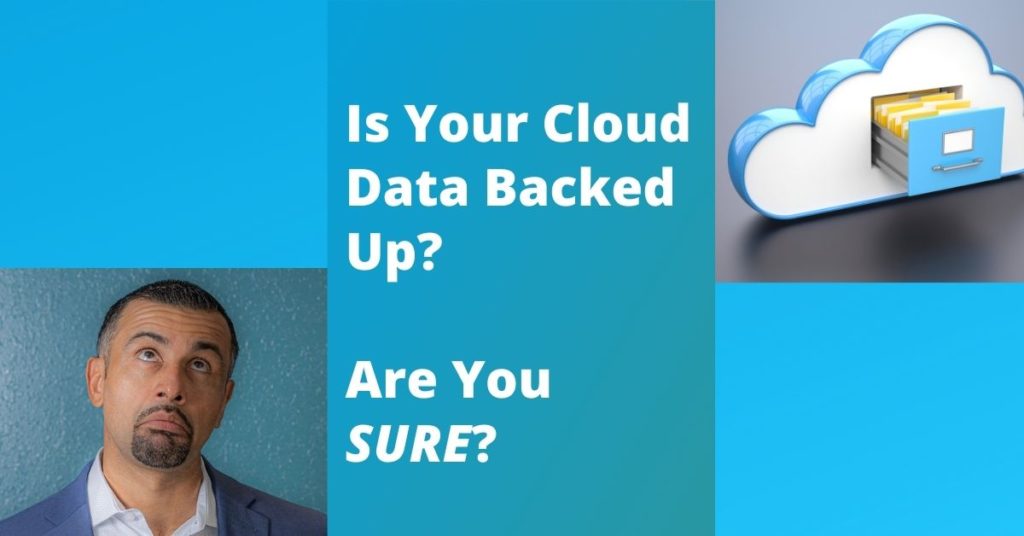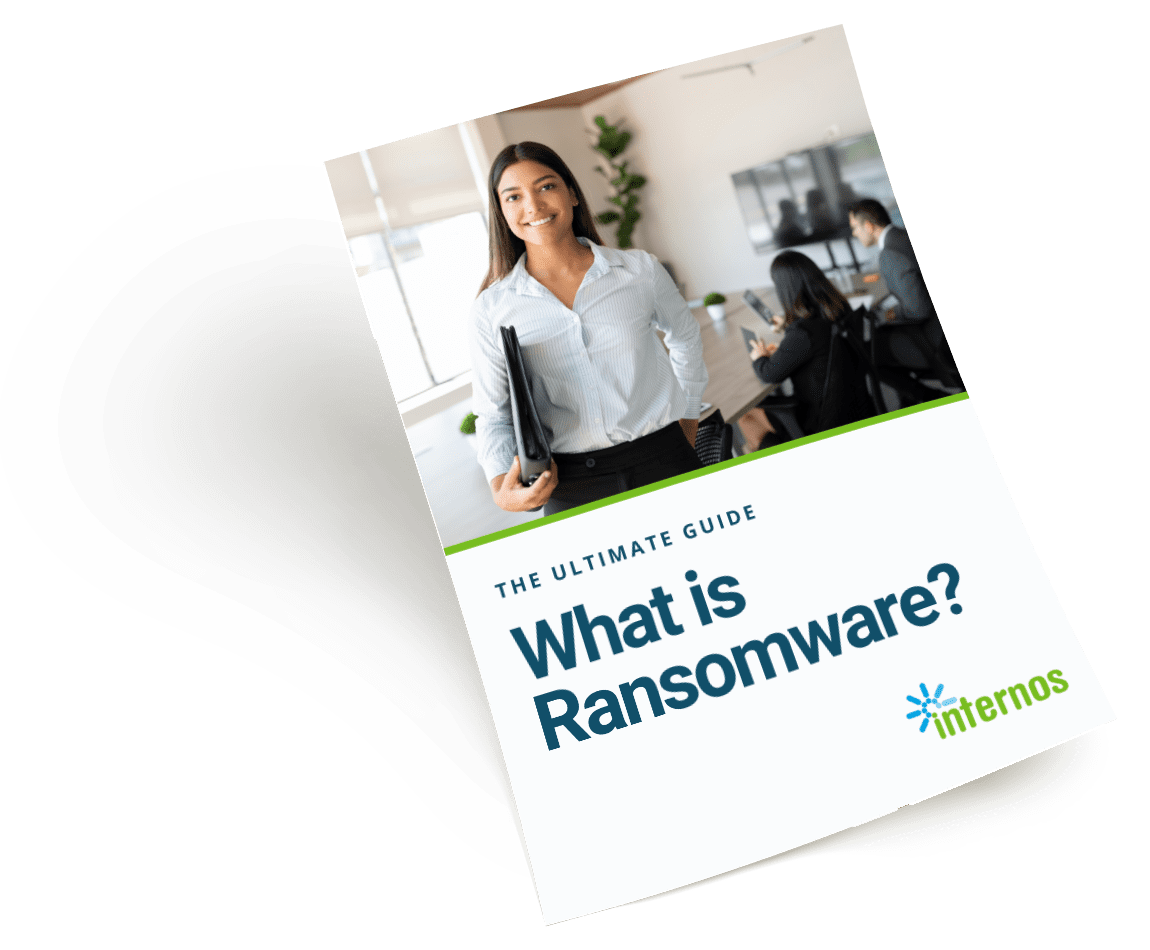
Whether you’ve made the move to the cloud for your business or just considering it, there is one thing you need to know: Not all cloud services have built-in cloud security or cloud backups. Some do, some don’t. For your cloud safety, you not only need to make sure your cloud data is backed up, but that your cloud security is being monitored and managed correctly. That is where an experienced managed service provider (MSP) can help.
Some businesses make the mistake of thinking that just because their data is in the cloud, it is safe. We recommend cloud services to businesses instead of premises servers because something on premises can be impacted by the same hurricane, flood, fire or other disaster as your local data. Offsite backup and recovery makes sense. However some businesses (and people) mistakenly think that if their data is all in the cloud, it is safe because cloud systems are automatically backed up by the cloud provider. THIS IS NOT TRUE.
When you buy a cloud solution, you are buying the primary storage itself, not automatic and redundant data backups. Such data backup and recovery usually requires a third-party tool like Backupify. The cost of these backup solutions is usually just a few dollars per user per day. It is an important investment in your business continuity.
To find out if your cloud services include backups or not, you need to review your cloud service agreement (that long, legal form you clicked “agree” to in order to purchase the product). Without backups, your data is completely exposed. This is true whether your data is in a public, private or hybrid cloud solution.
- Public cloud services provide space designated to your company on a server where other companies also have designated space. Think of it as a filing cabinet. Your company data is in one drawer while other companies have other drawers in the same cabinet. Each drawer is locked so only you (with your key) can unlock your drawer.
- Private cloud services are not shared with any other company. You have the whole filing cabinet to yourself.
- Hybrid cloud services are naturally a mix of private and public. Really sensitive data is kept on a private cloud while the day-to-day mundane info is on a public cloud. This is the most cost-effective storage for people who need some private cloud storage.
For companies that do business with a government entity, simply having a private cloud might not be enough. You may need to be on a specific government-controlled cloud service called Federal Risk Authorization Program (FedRamp). Microsoft Azure has a FedRamp cloud and non-FedRamp cloud. So it is important that companies understand what they have and what they need.
If all this talk of clouds is making you dizzy, we can help. As a managed services provider, we have experience helping businesses like yours choose the right cloud solutions, configure them securely and keep them protected over time. Contact us or book a meeting to learn how we can help.

